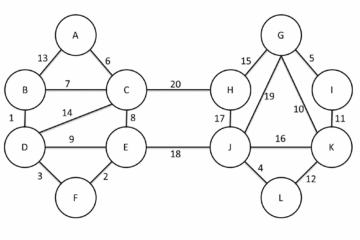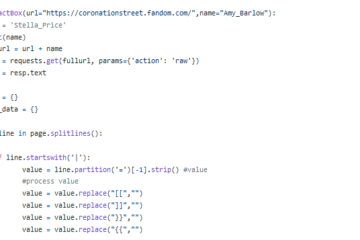Perhaps you may work in an environment where you can see immoral/unethical actions that are justified with the saying ‘I was following procedure’. Maybe you see the people at the top of your organisation creating procedures to tie staff to their authority and ideology? Some people I know would say that in their institution procedures are a fixed way of doing things that people follow in fear of their jobs, ruling out any kind of spontaneous or progressive work. Whatever you think about the word, in an troubled institution does not always conjure up the best thoughts, or the best people.
I am not saying that ‘procedure’ should conjure up dark thoughts. I took away the human element from the word and thought about procedures in my code, a place where procedures are absolutely vital in it working. I started by looking up what ‘procedure’ meant in computer science on Wikipedia. I found the entry for procedure in computer science now forwards you to the article for ‘subroutine’ described as:
a sequence of program instructions that perform a specific task, packaged as a unit.
Now that sounds handy and efficient, we need more of them! Now I feel conflicted when I think of procedures, I think of control and efficacy, humans and machines. Machines are good at being efficient, tell them to do something and they will do it. I have been thinking about procedure for a while and I it was funny that friends had too, yesterday Mark Johnson in his latest blog post said:
Universities have become bureaucratic on the back of technologies. Increasing efficiencies have left little space in the lives of academics to think. If we only paused for breath, we know what really matters, what we ought to be doing with the few years that we live on this planet.
I think he is right, there is a danger that we don’t think and we just do – like the machines. Listening to the consultants it would appear that many of the policies driven by technology are created by looking at data, or at least they claim they can sell you something to make procedures from the data. The analytics dashboard, based on Big Data says that students do X, so our policy must be Y. Big Data and the algorithms that use it to create the institutions increasingly efficient policies are justified in almost a religious matter. The policies come from messages from our supreme being of Big Data through the church of algorithms to the head bishop of the institution (and his board). Big Data and algorithms might be good at pointing out efficiencies for policy, but they are not good with thinking, ethics or morality.
A few days ago I jotted down some thoughts on how Big Data and the models of institutions/Google/whatever are exploiting us and making it feel culturally acceptable to treat each other the same way. In that post I thought about the role that server-less technologies and data protection frameworks play in that space. I feel this matches up somewhere. Mark’s final thought of his post, thinking about ‘ ..a way of addressing the real problem of our plague of functionalism’ is a absolutely a key issue.


0 Comments